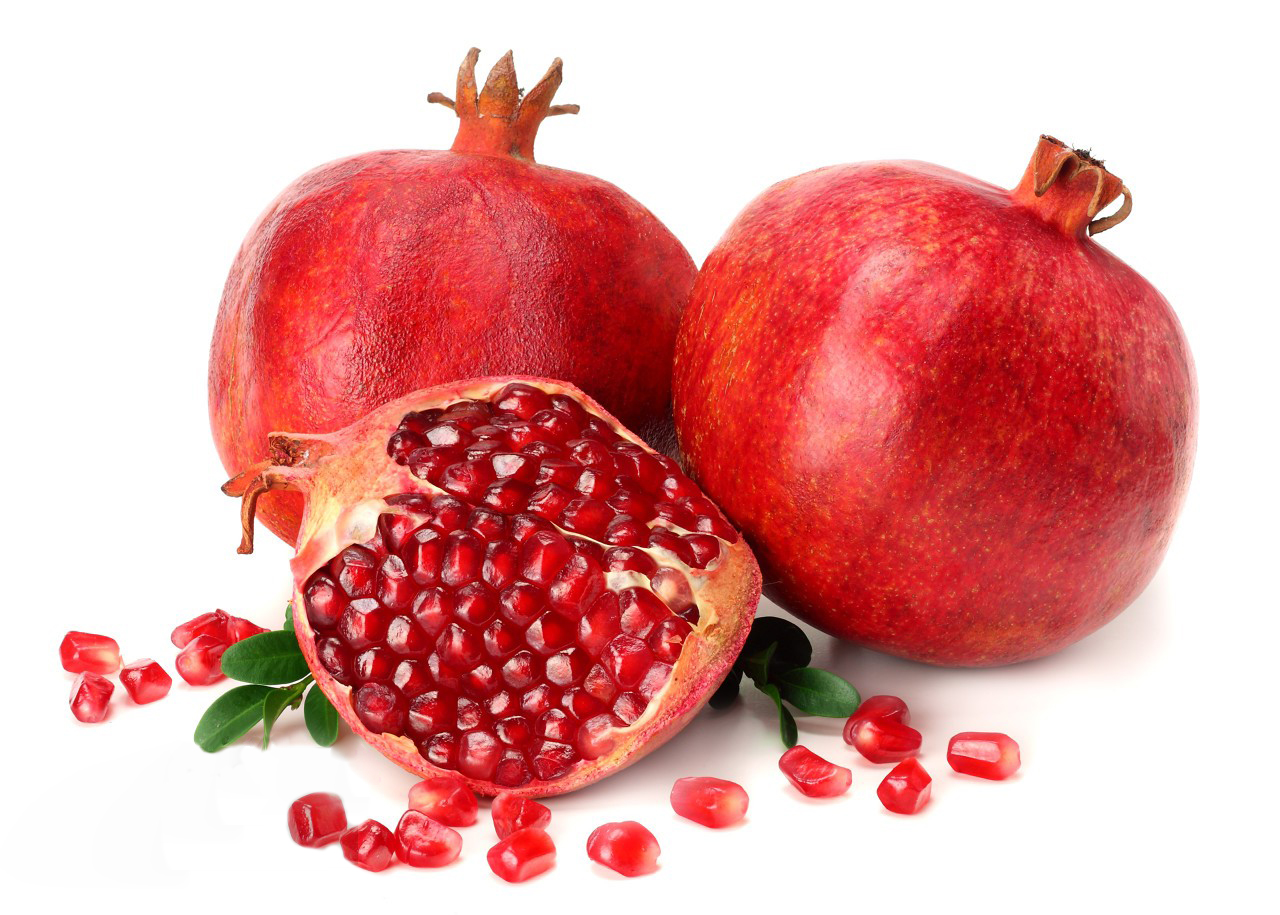Urolithin A is a metabolite produced by the gut microbiota from ellagic acid, which is found in various fruits and nuts. The process involves the conversion of ellagic acid into urolithins by the gut bacteria. Here are the basic ingredients involved in the formation of urolithin A:
Ellagic Acid: This polyphenolic compound is found in certain foods, including pomegranates, berries (such as raspberries and strawberries), walnuts, and other fruits and nuts.
Gut Microbiota: The gut microbiota refers to the community of microorganisms that live in the digestive tracts of humans. Specific bacteria, such as Gordonibacter urolithinfaciens, are responsible for metabolizing ellagic acid into urolithin A.
The conversion process involves several steps, and the exact pathway can vary depending on the specific gut bacteria involved. Once ellagic acid is consumed through dietary sources, it undergoes microbial metabolism in the colon to form various urolithin compounds, including urolithin A. The availability and abundance of these gut bacteria may influence the production of urolithin A in an individual.

Efficacy and Function of Urolithin A
Urolithin A is a natural compound that is produced in the human body through the metabolism of ellagitannins, which are found in certain fruits, nuts, and seeds. This compound has gained attention for its potential health benefits, particularly in the context of mitochondrial health and longevity. Here are some key points regarding the efficacy and function of Urolithin A:
1.Mitochondrial Health:
Urolithin A is believed to play a role in supporting mitochondrial health. Mitochondria are often referred to as the “powerhouses” of cells, as they are responsible for producing energy in the form of ATP.
Research suggests that Urolithin A may help enhance mitochondrial function by promoting the clearance of damaged or dysfunctional mitochondria through a process known as mitophagy.
2.Longevity:
Some studies, primarily conducted on animal models like worms and rodents, have indicated that Urolithin A may contribute to increased lifespan and improved healthspan. Healthspan refers to the period of life in which an individual remains healthy and free from serious diseases.
3.Anti-Inflammatory Effects:
Urolithin A has been associated with anti-inflammatory properties. Chronic inflammation is linked to various health conditions, including age-related diseases, and compounds with anti-inflammatory effects may have potential benefits in this context.
4.Muscle Health:
There is some evidence suggesting that Urolithin A may have a positive impact on muscle health. It may contribute to muscle regeneration and maintenance, which could be beneficial for overall physical well-being.

5.Metabolism and Obesity:
Urolithin A has been investigated for its potential role in metabolism regulation and its ability to combat obesity-related issues. Some studies suggest that it may influence metabolism and adipose tissue function.
6.Cognitive Health:
While the majority of research has focused on mitochondrial and cellular health, there is emerging interest in the potential cognitive benefits of Urolithin A. It may have neuroprotective effects, but more research is needed to fully understand its impact on cognitive function.
It’s important to note that while there is promising research on Urolithin A, the field is still evolving, and more human studies are needed to validate its effects and determine optimal dosages. Additionally, individual responses to Urolithin A may vary, and its long-term safety profile in humans is not yet fully understood. Before considering any supplementation, it’s advisable to consult with a healthcare professional.
